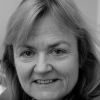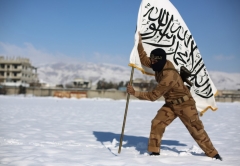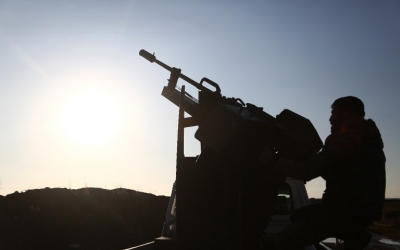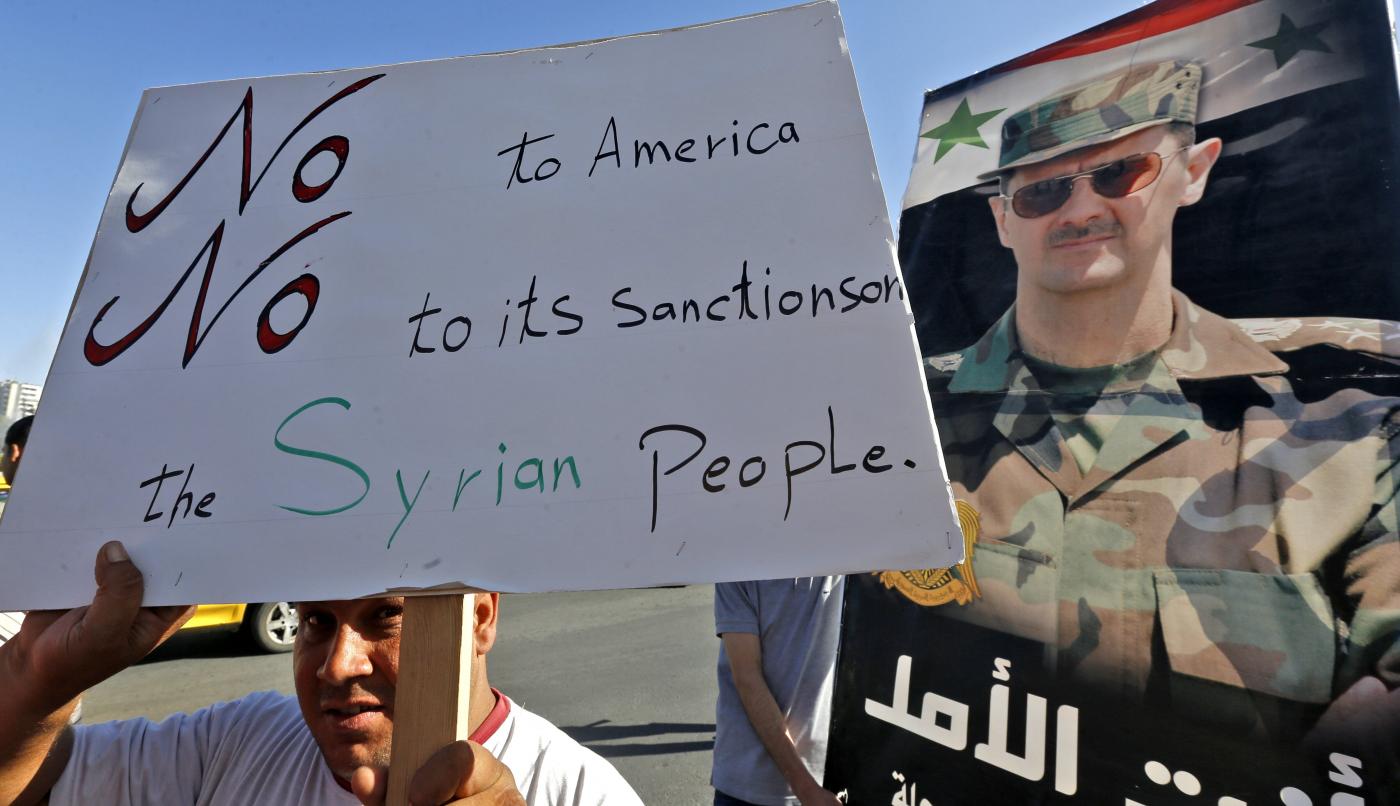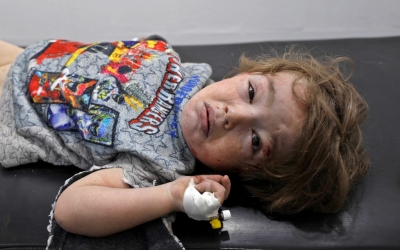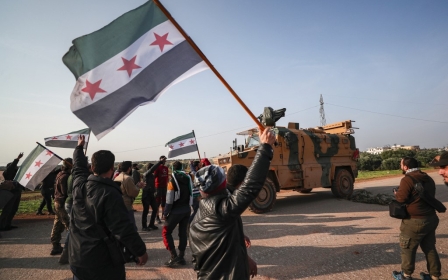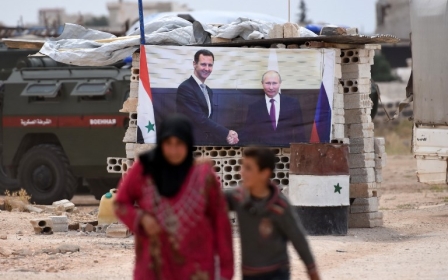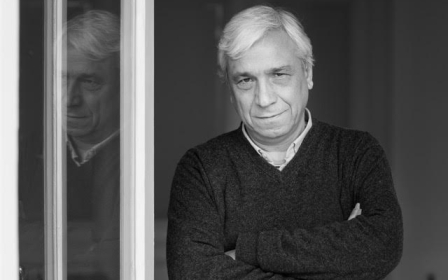The strange death of James Le Mesurier and Syria's disinformation war
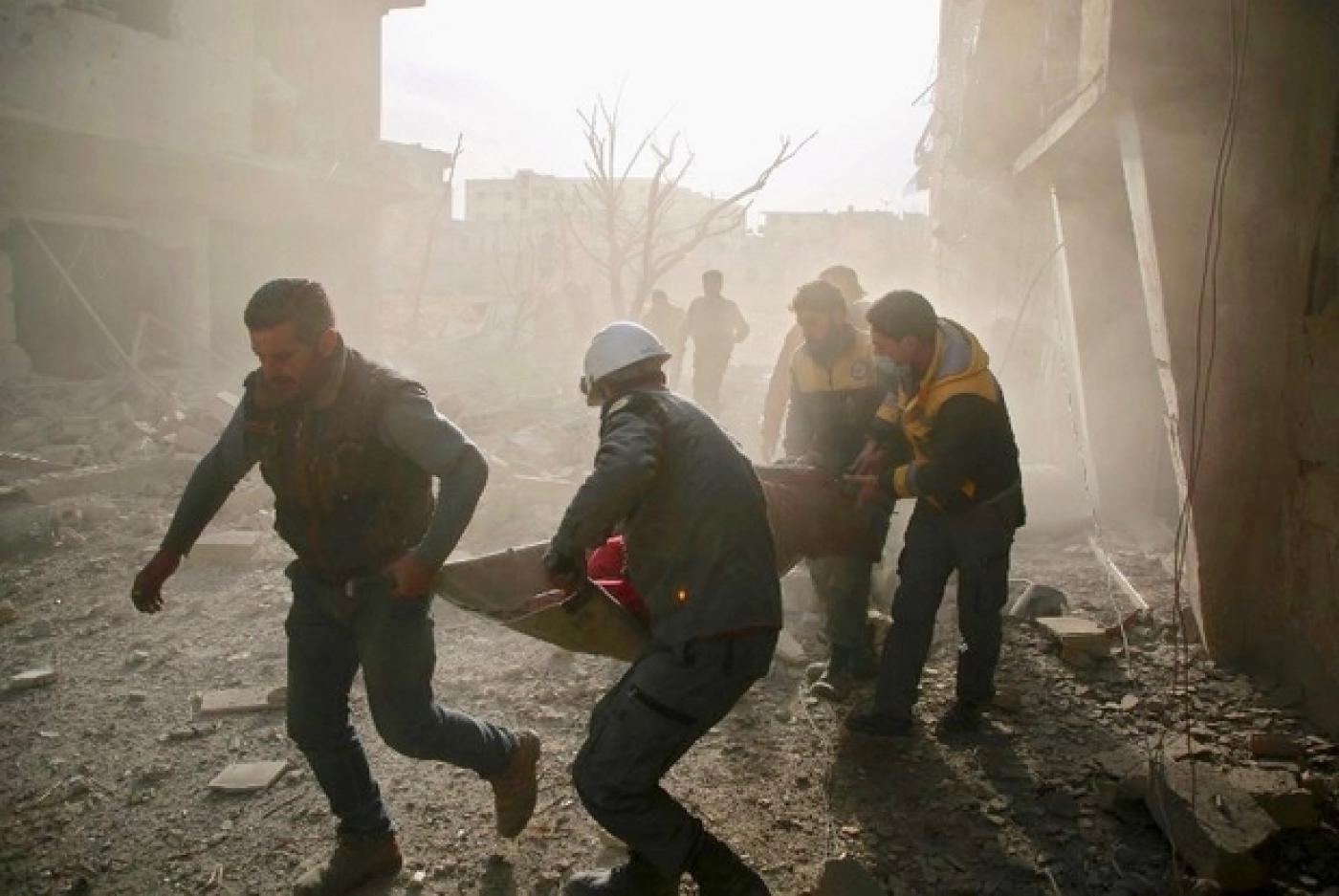
This month, the BBC has launched a major new series on Radio 4 called Mayday, the result of a year-long investigation into the mysterious death in Istanbul last November of James Le Mesurier, co-founder of the White Helmets.
Each of the episodes takes the listener on a labyrinthine journey into the darkest recesses of the Syrian war, through the testimony of those who knew Le Mesurier and worked with him. One episode is devoted to a prolonged interview with American actor Sean Penn.
Ultimately, accused of spying for the British, organ-trafficking, staging chemical attacks, and with the White Helmets trolled on Twitter as a terrorist organisation, it seems Le Mesurier took his own life. Or did he?
The Syrian regime's control of the narrative grew even louder after Russia added its voice, entering the Syrian war in 2015 to save Assad from falling
The web of disinformation surrounding the Syrian war has been carefully spun for years, by some more skilfully than by others. The British government's own covert propaganda attempts in support of the "moderate" Syrian opposition were poorly planned and even potentially illegal, often sowing confusion among both westerners and Syrians alike.
State-controlled media outlets inside Syria, on the other hand, had one consistent message - that the demonstrations against President Bashar al-Assad's rule in March 2011, far from being spontaneous, were orchestrated by foreign western powers and Islamists, and that all those who opposed him in the ensuing war were traitors and "terrorists" who would be killed or imprisoned.
New MEE newsletter: Jerusalem Dispatch
Sign up to get the latest insights and analysis on Israel-Palestine, alongside Turkey Unpacked and other MEE newsletters
The Syrian regime's control of the narrative grew even louder after Russia added its voice, entering the Syrian war in 2015 to save Assad from falling. Russian President Vladimir Putin, a skilled former KGB officer, decided to fill the vacuum left by the indecisive West.
In the global race to control "the truth" in today's information wars, time is of the essence. Once one version of events appears on the airwaves, however false and conspiratorial, it becomes increasingly difficult for the true version to break through the scum of misinformation.
Versions of the truth
I experienced this first-hand on a trip to Syria in April 2018, invited by the Syriac Orthodox Church to form part of a 20-strong delegation visiting from the UK. We were a mix of churchmen, politicians, teachers, journalists and artists.
Even the seasoned observers among us were surprised by the levels of pro-regime propaganda organised for our benefit
Some were newcomers who had only known Syria since the war. Others, like me, had known the country for decades and were under no illusions about its government or its ubiquitous security apparatus modelled on the Stasi. Our visit was billed as "pastoral" in support of the church, yet even the seasoned observers among us were surprised by the levels of pro-regime propaganda organised for our benefit.
At a Damascus event described as "lunch with opposition members," one of the specially selected attendees even sang the virtues of President Assad, assuring us only he could rule Syria because he was "from the presidential family".
Chloe Hadjimatheou, the BBC journalist who produced Mayday, assumed she would eventually get to the bottom of James Le Mesurier's death. Instead, she was taken, in her own words, "on a bizarre journey down rabbit holes of misinformation". Ultimately, she concludes, "this is a story about how truth functions in modern warfare".
REVEALED: The UK's covert propaganda campaign in Syria
+ Show - HideIn February, a Middle East Eye investigation revealed details of a British government propaganda campaign in Syria which sought to promote the UK's strategic interests through support for the “moderate armed opposition”.
MEE is now publishing details of an internal assessment revealing concerns and divisions within government about the effectiveness and appropriateness of that campaign. It reveals the work was being conducted despite concerns that it was illegal. Many risking their lives as citizen journalists and activists on the ground were not aware of London's involvement.
Some Syrian activists involved in British-backed projects have defended the work, saying they were dependent on western support for funding. Some complain that western countries should have done more to support the opposition and that support for their work dried up as the war tilted in Damascus's favour. Others say the work may have been counterproductive.
Hadjimatheou, like the listeners, feels her head spinning with more and more versions of "the truth". Never, as she states, has a war been so documented, filmed and reported - but what use is all this information if we cannot agree on who is telling the truth?
Who are the White Helmets?
And that is the point. Decades of experience in truth manipulation have served the Assad regime well, never more so than in this ongoing war. Much of the western world now believes the Syrian war is over and that Assad has won, because his narrative, his neat ending, has dominated.
At one stage I too had wondered about the White Helmets. Why were they getting so much publicity, having films made about them, winning awards? It made me wary, as I knew full well there were plenty of other Syrians putting their lives at risk daily, rescuing people, yet getting no such international recognition.
It was only in 2018, when I co-authored The Last Sanctuary in Aleppo with Alaa al-Jaleel, aka the "Cat Man of Aleppo," that my suspicions were finally put to rest.
After many hours of interviews with Alaa, I trusted his integrity, so when he described a particular bombing where he worked alongside what he called "Al-Difa' Al-Madani" (Civil Defence), I asked him who they were. "You call them 'the White Helmets,'" he replied. "I often work with them. They are rescue people like me, except they are better trained."
Alaa, to his own astonishment, got funding to rescue and look after cats from western cat-lovers, but was also involved in rescuing fellow Aleppans trapped under the rubble of Syrian and Russian air strikes.
But there was one crucial difference between Alaa and the White Helmets, something I now fully understand, thanks to the BBC Mayday series. The White Helmets were filming each rescue mission as the first responders, using cameras installed on the front of their helmets, gathering vital evidence of war crimes, evidence which might be used against the Syrian and Russian governments in future war tribunals.
In this world of 'truth decay,' never has it been more important for respected academics, researchers and writers to shine a light on this murky world of disinformation
Not only that, but they were also trained, following suspected chemical attacks, in how to collect evidence - like animal carcasses or soil samples - and hand it over at the Turkish border to investigators for the Organisation for the Prohibition of Chemical Weapons (OPCW), an intergovernmental body based in The Hague.
As soon as the Syrian and Russian governments realised such evidence was being gathered, the really dirty disinformation campaign against the White Helmets began. It was designed from the outset to discredit them, tarnishing them as "terrorists" funded by the British, European and American governments. And it worked.
The ceaseless propaganda attacks, the constant slurs on social media, eventually wore James Le Mesurier down to the point where it became conceivable that he may indeed have taken his own life by jumping from his balcony in Istanbul.
A murky world
Western sanctions against the Syrian government also muddy the waters, enabling Assad to blame them for the severe economic crisis currently afflicting the country. Inevitably, as was shown in Iraq, the elite remains ring-fenced while the most vulnerable endure acute medical, fuel, food and electricity shortages.
Determined to avoid responsibility for decades of corruption and resource mismanagement, the regime has also ignored warnings about climate change links to social unrest, another convenient scapegoat roundly trounced by new research.
Marwa Daoudy's masterly new book The Origins of the Syrian Conflict forensically exposes the many myths, just as Mayday uncovers the lies that so damaged the White Helmets.
In this world of "truth decay," as the Americans now call it, never has it been more important for respected academics, researchers and writers to shine a light on this murky world of disinformation, especially now that Assad has appointed a raft of young, attractive media managers to facelift his 2021 re-election campaign.
The views expressed in this article belong to the author and do not necessarily reflect the editorial policy of Middle East Eye.
Middle East Eye delivers independent and unrivalled coverage and analysis of the Middle East, North Africa and beyond. To learn more about republishing this content and the associated fees, please fill out this form. More about MEE can be found here.


